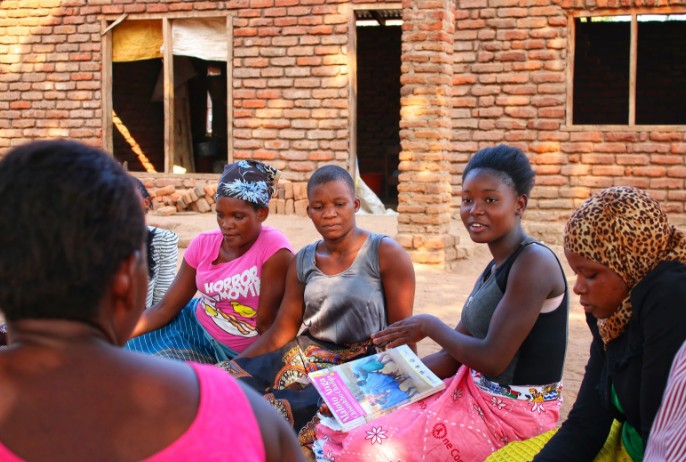Speeches Shim

Gender Based Violence (GBV) remains a serious development challenge in Malawi. Women and girls in Malawi fare worse than their male counterparts on socio-economic indicators including literacy, secondary and tertiary education enrolment and completion, wage equality, political participation, and literacy. And, while an adequate legal framework exists, the public and non-governmental sector responses to gender-based violence (GBV) are under-resourced, uncoordinated, and inadequate.
Despite their critical role in food production for their households, Malawian women have little control over land, even when it is their own. The lack of access to productive economic resources is frequently cited as a major impediment to gender equality and women’s empowerment, and is a particularly important factor in making women vulnerable to poverty. Malawi does not have sufficient infrastructure to cater to the needs of all of the girls who have graduated from primary school and earned a spot in secondary school - which limits the impact of USAID efforts to keep girls in school.
To address these challenges, USAID partners with the Government of Malawi (GoM) and a wide variety of Malawian institutions to promote gender equality and women’s empowerment by mainstreaming gender issues in activities across sectors.
The Mission continues tackling GBV challenges through the integration of GBV in health sector activities in Maternal Neonatal and Child Health (MNCH), Family Planning (FP), and Reproductive Health (RH) activities and by facilitating GBV client referrals to remedial systems. In addition, USAID/Malawi has included women’s empowerment and adolescent girls’ activities in the Sustainable Economic Growth, Democracy and Governance, and Education sectors.


Comment
Make a general inquiry or suggest an improvement.